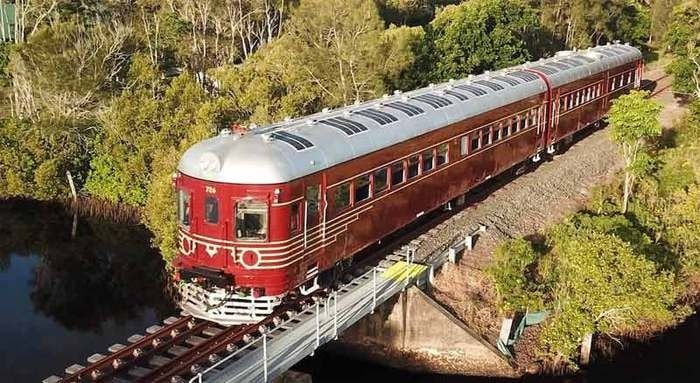Latin America's first solar train will be operational very soon
The solar train will be able to transport some 700 passengers daily, making three outward and three return journeys along the 300 kilometers of the route.

The solar train will be able to transport some 700 passengers daily, making three outward and three return journeys along the 300 kilometers of the route. The second stage of what will be the first electric train in Latin America and the second in the world has already begun, after the Byron Bay that has been operating in Australia, both projects developed by the same group of experts. This new means of transportation based on alternative energy will only make tourist trips between the province of Jujuy in Argentina and Machu Picchu.
The train with a capacity of 240 passengers per car will have a speed of 30 km / h and will contain solar panels on the roof through which it will absorb the energy needed for its operation, in addition to hydraulic diesel. Once completed, it will be able to transport some 700 passengers daily, making three outward and three return trips, along the 300 kilometers of the route.
The use of the trace of the Belgrano cargas railroad, which left operations 25 years ago, will represent a great benefit for the work. In addition to being based mainly on solar energy, the train's power supply will also include batteries that will be charged at the different road stations located every 10 kilometers. In addition to being based mainly on solar energy, the train will also have batteries.
The first stage started last year contemplates the construction of four stations between Maimara and Volcán, with a total of 20 km of tracks, while the second will extend to Humahuaca and La Quiaca, with the final goal of covering the route to Lake Titicaca in Bolivia and linking Cuzco with Machu Picchu in Peru. In each of the stations, there will be a theme related to gastronomy and culture, to contribute to the promotion of sustainable industries and employment generators such as renewable energy and tourism.




